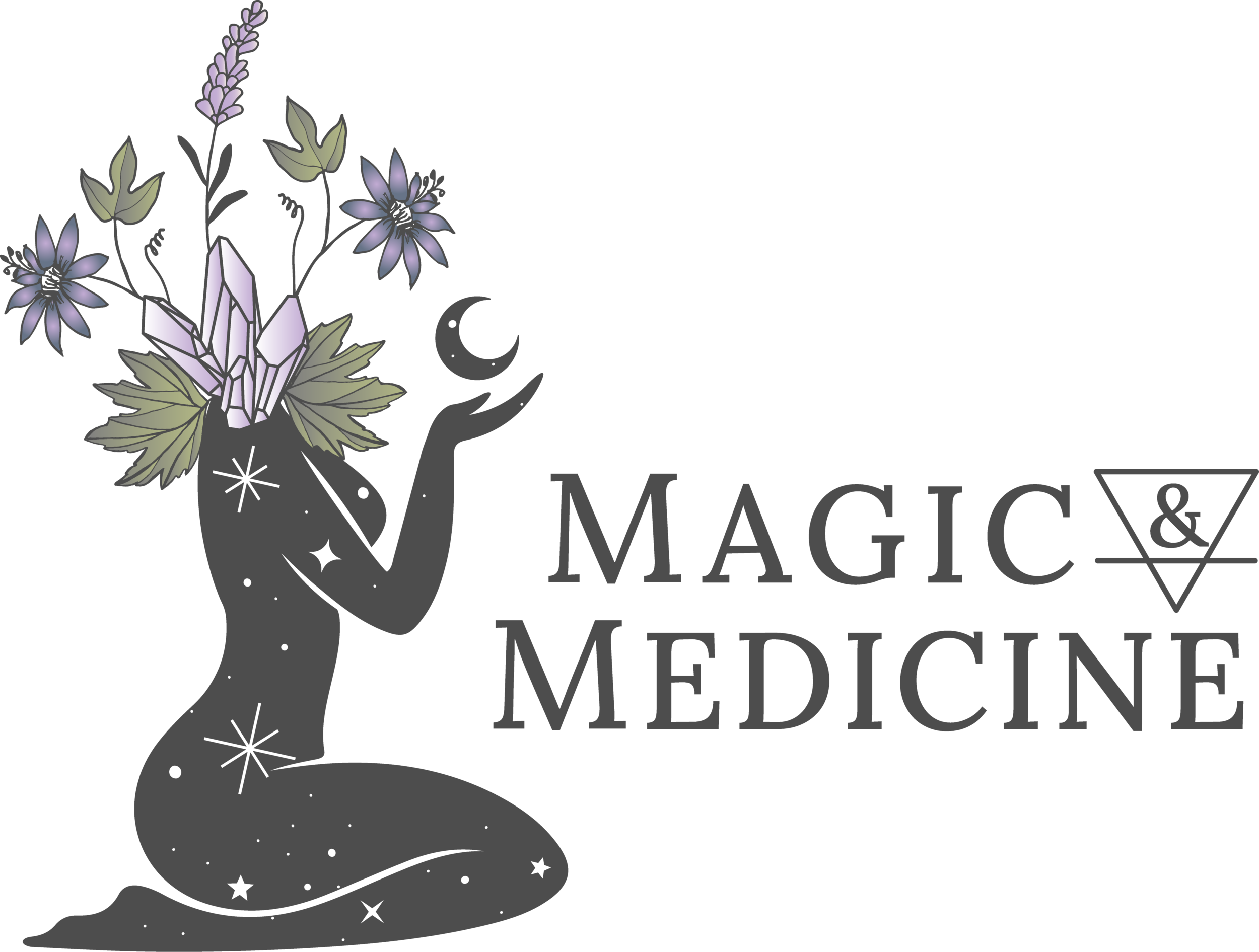Dysmenorrhea; Painful periods
Herbal medicine can be very effective for pain relief
Many women in New Zealand and indeed worldwide, suffer from intense pain during their monthly cycle . Dysmenorrhea is one of the most frequent gynaecological complaints, and is severe enough to impair daily functioning, leading women to take time off work, school or forgo social activities. It commonly manifests itself with cramping, throbbing pain; but it can also be sharp, shooting pain as well. Painful menstruation can also be accompanied by heavy bleeding, but often period flow is not noticeably heavier. There are two types:
Primary dysmenorrhea is unrelated to a lesion within the pelvis. It is thought to be prostaglandin-mediated (prostaglandin promotes uterine contractions). Behavioural and psychological factors are also thought to play a part in this type of dysmenorrhea. Symptoms such as cramping pain, nausea, vomiting and increased bowel motions that are relieved within a few days of menstrual flow, are very common in primary dysmenorrhea. Primary dysmenorrhea is most common amongst adolescent and young women and often a lessening in symptoms is experienced after child birth.
Secondary dysmenorrhea is related to a pelvic lesion which may be caused by; endometriosis, ovarian cysts, fibroids, pelvic inflammatory disease , pelvic congestion or uterine polyps. Symptoms of this type of dysmenorrhea usually begins several days before mensuration and lasts a few days after flow commences, pain is usually lateralised to one side and symptoms do not start and finish as clearly as those in primary dysmenorrhea. Onset is usually later on in life.
A diagnosis of primary or secondary dysmenorrhea is made after a consult with the patients Doctor. Primary dysmenorrhea is diagnosed just by listening to a patients description of symptoms, whilst to accurately diagnose secondary dysmenorrhea, physical exam and tests, such as smear tests, swabs and ultrasounds are usually needed. The majority of women treat this pain with analgesic medications, anti inflammatories and the contraceptive pill. Within New Zealand 90% percent of women are put on NSAID pain relief.
If you choose to, a naturopath can help support you with dysmenorrhea. A naturopathic approach looks at the persons entire health, lifestyle and nutritional picture and treats the person holistically there are many ways to approach and manage dysmenorrhea. These include nutritional treatments, topical applications like compresses, supplements and herbal tinctures to provide balance of hormones and pain relief, and lifestyle alterations to lower stress and reduce pain as well as suggestions of gentle exercise and mindfulness techniques. For example; there have been many research papers that suggest that bringing yoga into your exercise routine can be extremely beneficial in relieving pain and pelvic congestion. Studies have also shown that using essential oils can be of help. Essential oils have many different healing properties, depending on the plant that is used for oil extraction. When applied topically they are easily absorbed via the skin, then into the bloodstream, which transports the essential oil properties to the organs of the body. Essential oils are also absorbed through inhalation. When essential oils are inhaled the limbic system is stimulated, which has an effect on emotions. An essential oil blend can be made up of a single oil or several different oils, depending on the clients needs, either for pain relief or to help with symptoms such as nausea, dizziness, headaches and so on. This essential oil blend can then be used in a vaporiser, in a bath or applied to the skin via massage or a hot compress (as a qualified aroma science therapist I can customise a blend that would best suit you and your specific symptoms).
Treating women with dysmenorrhea through naturopathic/herbal medicine based care, also allows for pain management via herbal tinctures and supplements. Having a wide variety of herbs (Cramp bark, Ginger, Shepard purse etc) and supplements (EFA’s, Magnesium, Turmeric to name a few) to choose from allows your practitioner to tailor make a remedy and treatment plan that is specific to every womens individual symptoms. Such remedies can be extremely effective, are gentler on the whole body system and usually have less side effects than allopathic treatments such as the contraceptive pill and NSAIDs.
Should you need further information or you would like to book a consult, please feel free to contact me. It would be a pleasure to assist you on your health journey.

